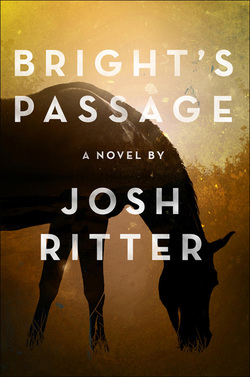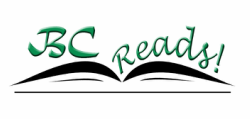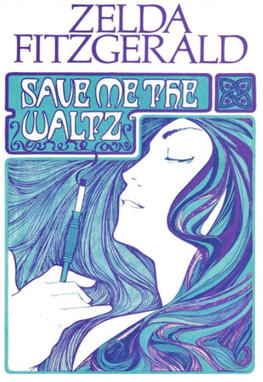
Author: Josh Ritter
Genre: General Fiction
#Pages: 193
Date Published: 2011
Rating: 3.5 out of 5 Stars
Recommended?: Yes
In his seventh studio album, The Beast in Its Tracks, released on March 5th, it is indisputable that Josh Ritter has a knack for songwriting. However, in his debut novel, Bright’s Passage, it is questionable whether this prowess translates to prose.
The protagonist in Bright’s Passage, Henry Bright, is a deceivingly average young man. After growing up on a small farm in West Virginia, he has the good fortune of surviving World War I, where he had been stationed in the French trenches. What proves unique about Henry Bright, however, is not his good luck or his own actions, but what guides them—an angel, called the Voice. Yet, while the Voice helps Bright survive the war, his advice is not always sound. He instructs and misguides Bright in his struggles during the aftermath of the war, advising him to marry Rachel, a neighbor and his first cousin—a fact that neither the Voice nor Henry find to be an issue. Following that advice, Bright rescues Rachel from her evil father, marries her, and starts a family. However, just when it seems that their lives might work out, Rachel dies in childbirth, leaving Bright alone with an infant son. Shortly after, the Voice speaks again, this time informing him that his son is the Future King of Heaven, born to replace Jesus. Upon the Voice’s prompting, Bright buries his wife, sets his house on fire (which subsequently sets the entire forest aflame), and leaves in search of a new home for his son and himself. However, Rachel’s evil father and his two sons are in close pursuit, looking to steal Bright’s son from him. The story continues with a full-fledged chase and with the ultimate good winning out in the end.
Cliché? Yes. However, Bright’s Passage remains a heartwarming story of a father’s love for his son. Regardless of this, the relatively poor character development distracts from the story’s lyrical and well-written passages. I found the characters one-dimensional. The good characters: entirely good with no serious faults; and the bad characters: purely evil. As a fairytale this would not be a shortcoming. In a novel with an otherwise realistic setting, though, it is difficult to imagine people so distinctly black and white. Consequently, the credibility of the narrative is somewhat compromised. Furthermore, I found that there were too many blatant religious allusions that would have been far more impactful had they been understated. This novel would have done well as a religious allegory; however, I don’t think Josh Ritter intended it to be read that way.
On the other hand, this novel was extremely well researched. The chapters that recall Bright’s time in WWI were historically accurate and strongly added to the novel’s credibility. My largest problem with the piece was the repetition of certain colloquialisms used over and over again. After a while they became rather distracting. For example, in a 195-page novel, how often can someone really “bite his knuckle” in worry or pain or panic?
All things considered, at certain moments Bright’s Passage echoes Josh Ritter’s expertise for storytelling that is seen so clearly in his songwriting. Yet, over the course of the novel it is apparent that Ritter is far more comfortable with the process of lyric writing than prose writing. As a result, I left Bright’s Passage disappointed. What I expected was an extension of his songs—a ballad in prose form. That wasn’t what I found and perhaps because of this expectation my disappointment in the novel was partly my own fault. If anyone has ever listened to Bob Dylan’s music and then read his book, Tarantula, they would have a similar reaction to the one I had to Bright’s Passage. However, unlike Tarantula, Bright’s Passage has a linear plot line and the makings of a great novel, if only it had been tweaked or the author had had a bit more experience. All in all, I would recommend it, even if only to be read as an inside look at a successful artist’s thought process. I think that it is a good start in Ritter’s literary career, and if he can take what he has learned from writing this novel and harness some of his profound story-telling expertise that is so evident in his songwriting, his second novel will be a greater literary success.
Review by Christine Degenaars, CSOM '15


 RSS Feed
RSS Feed
